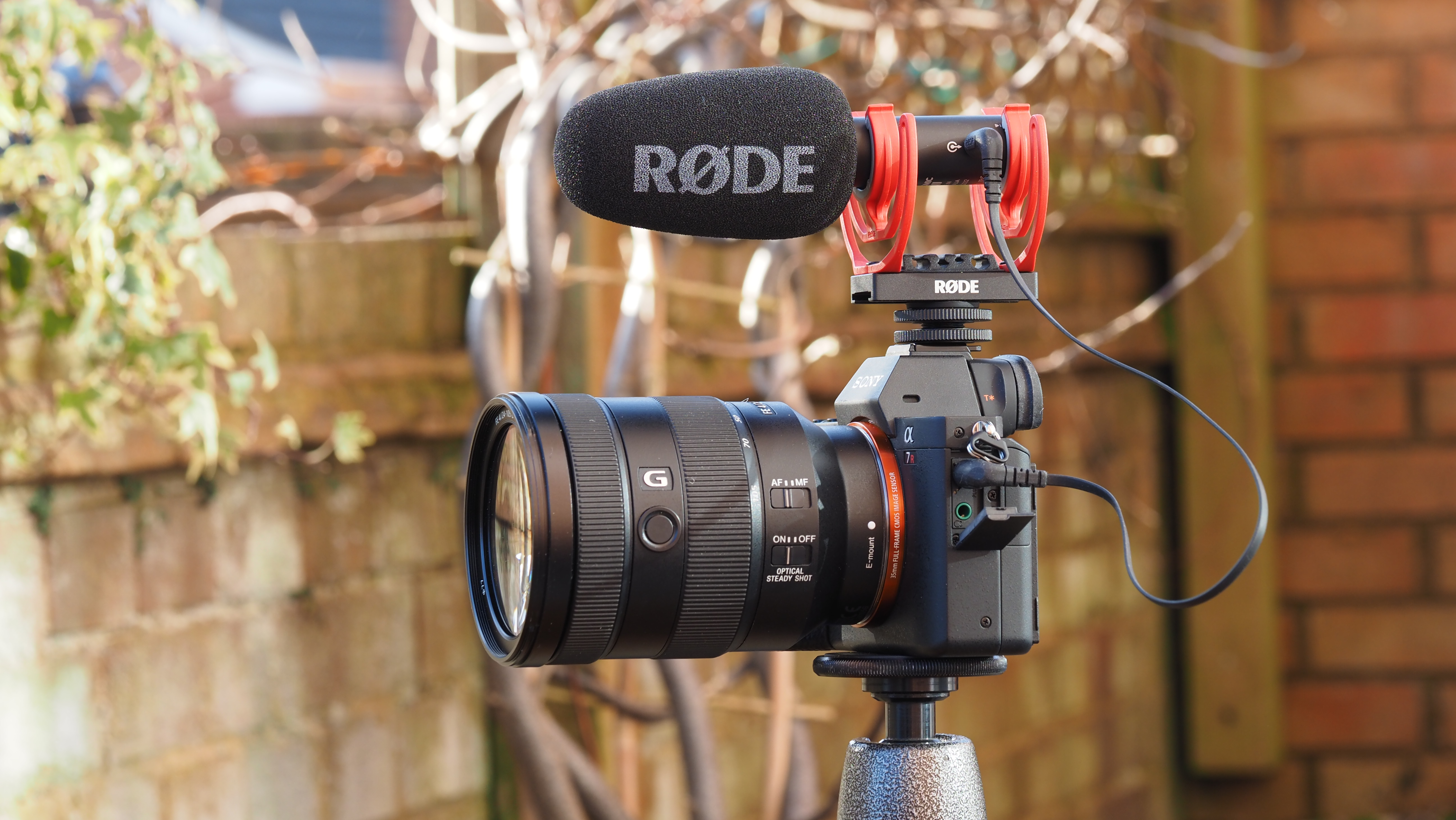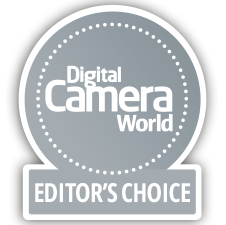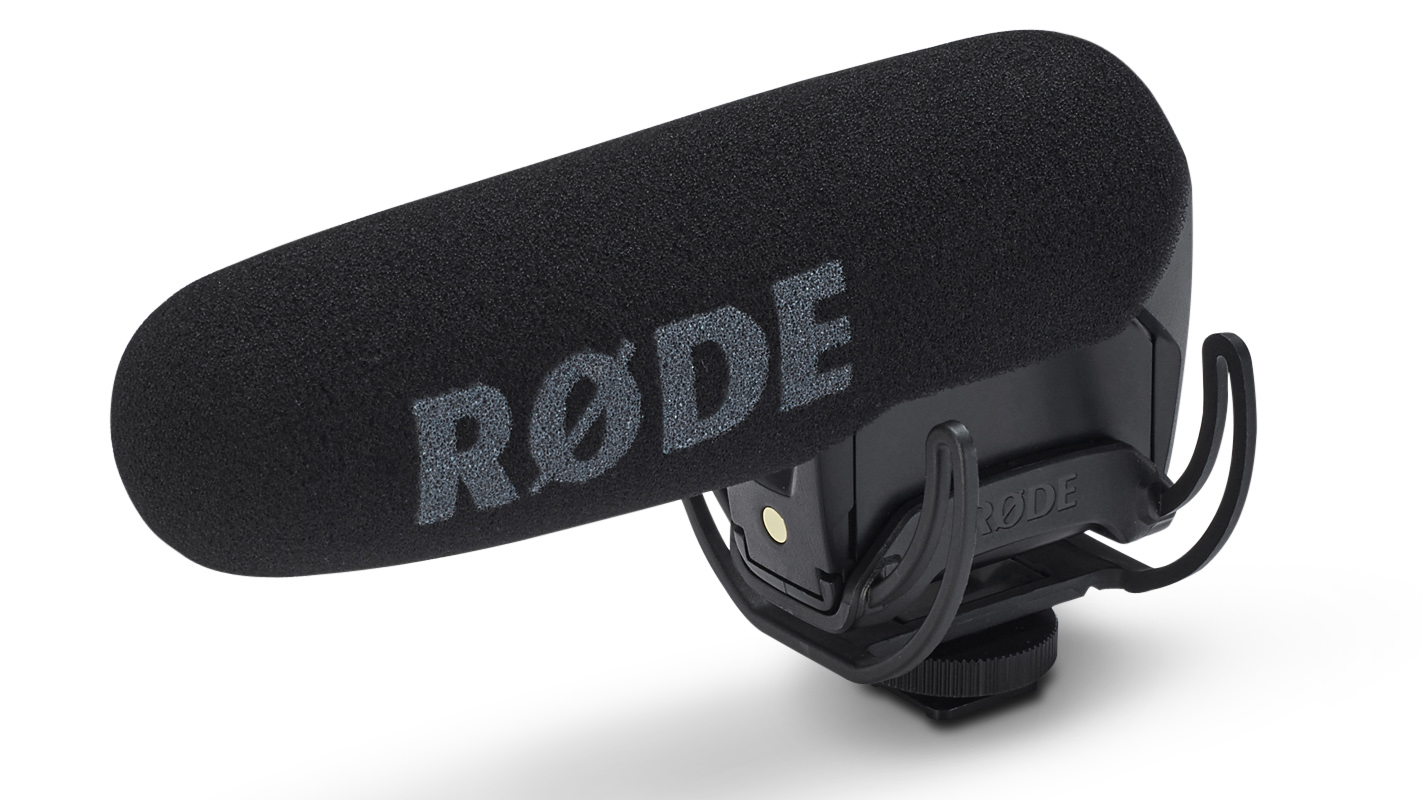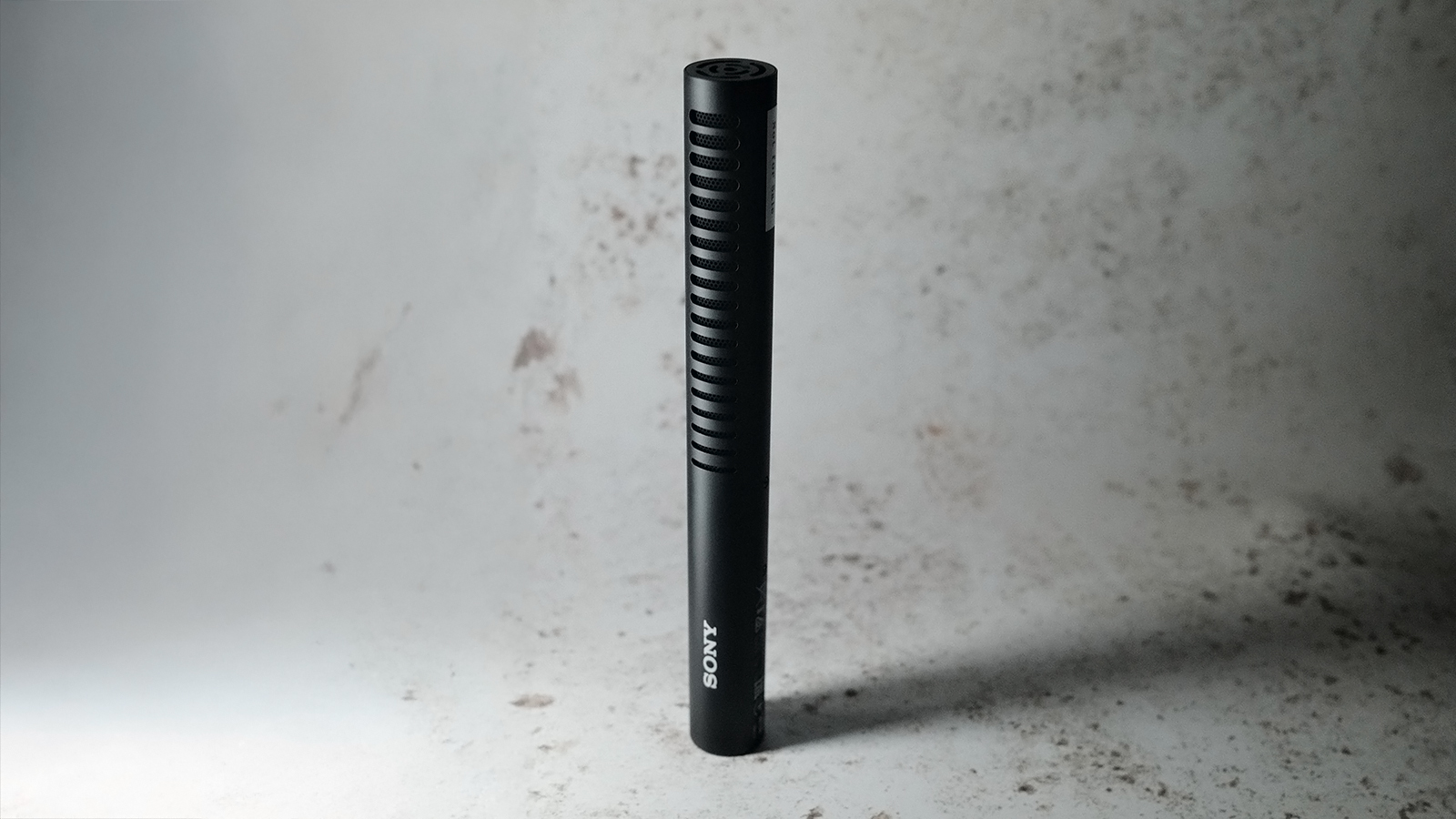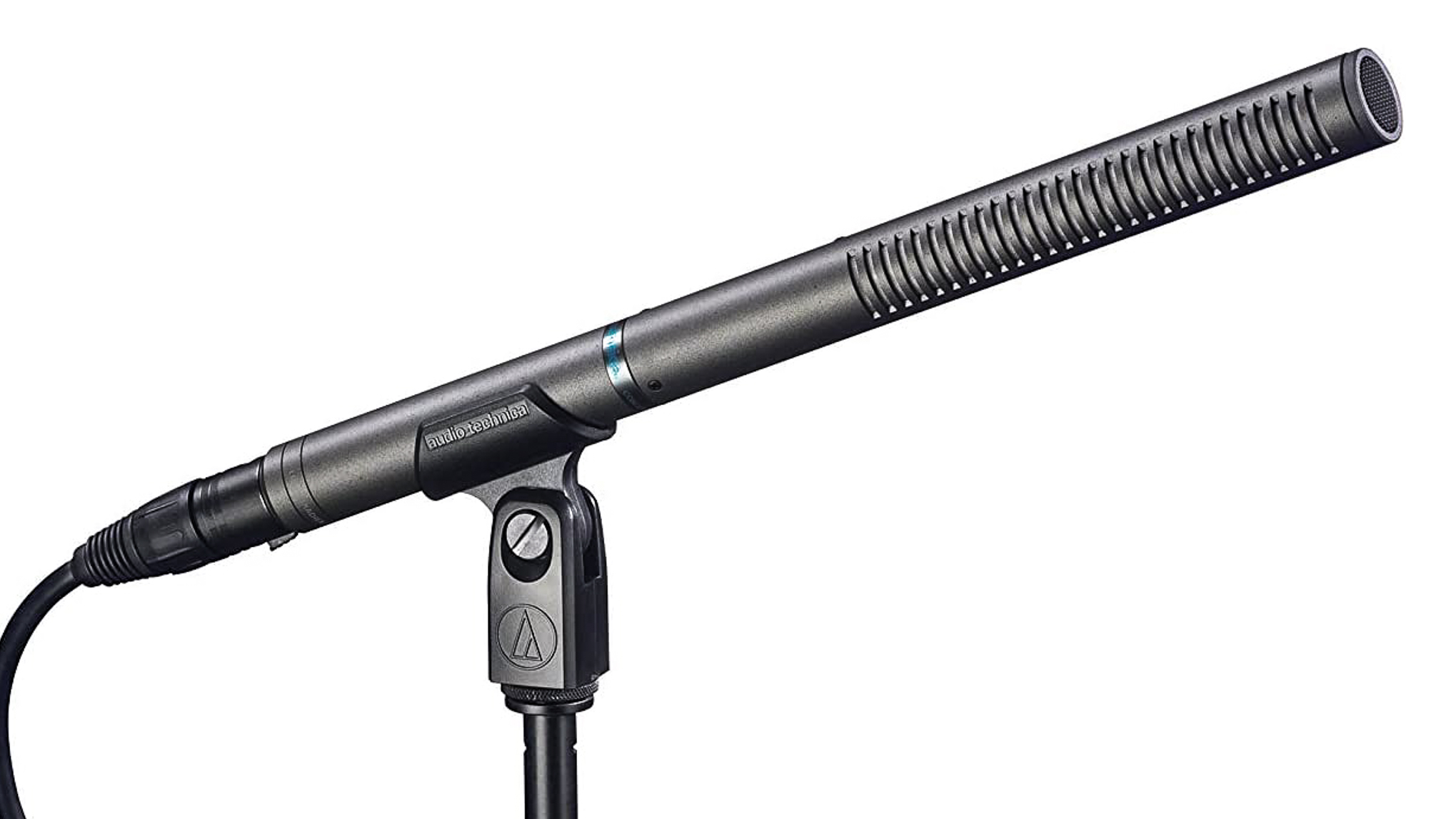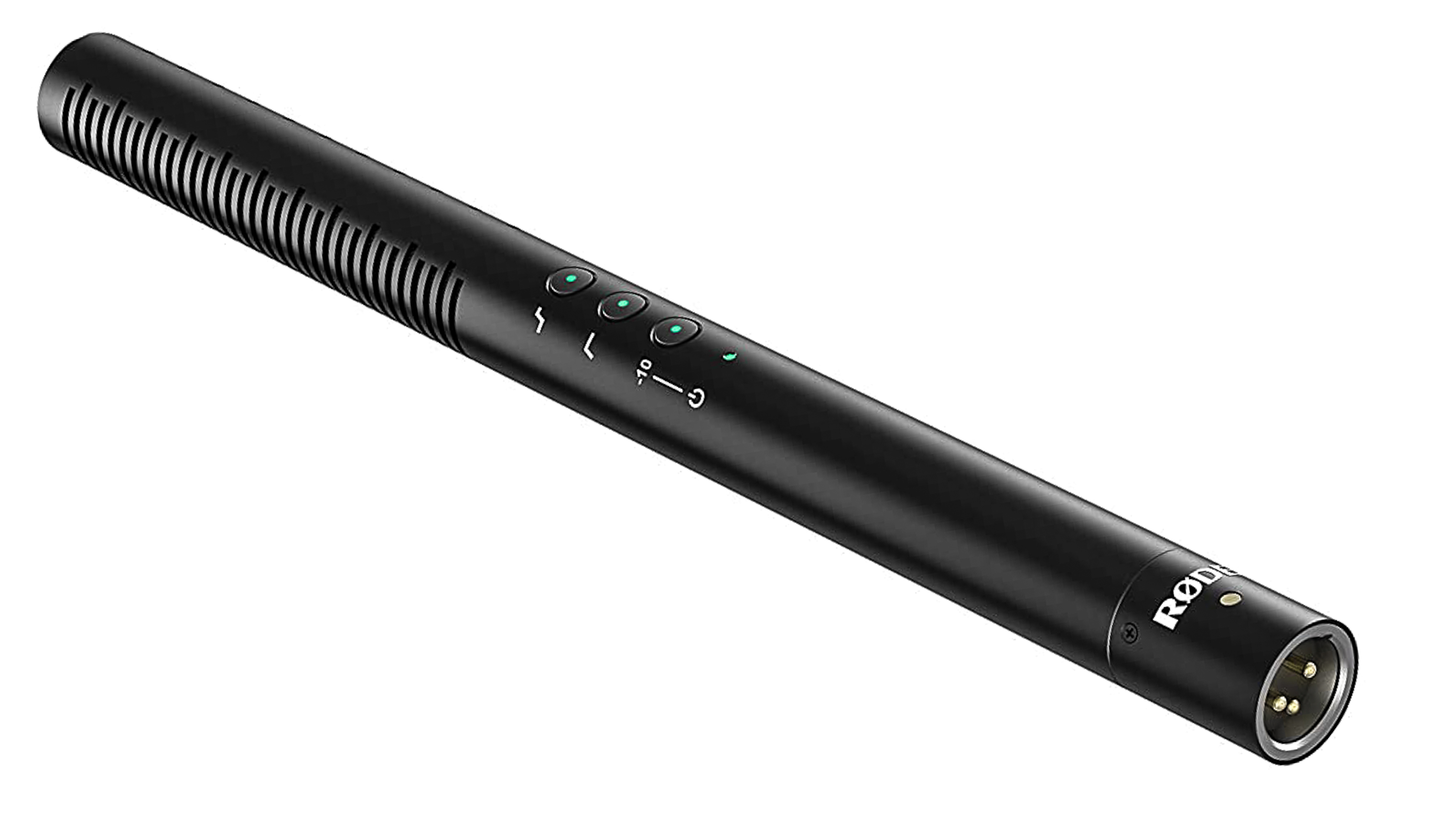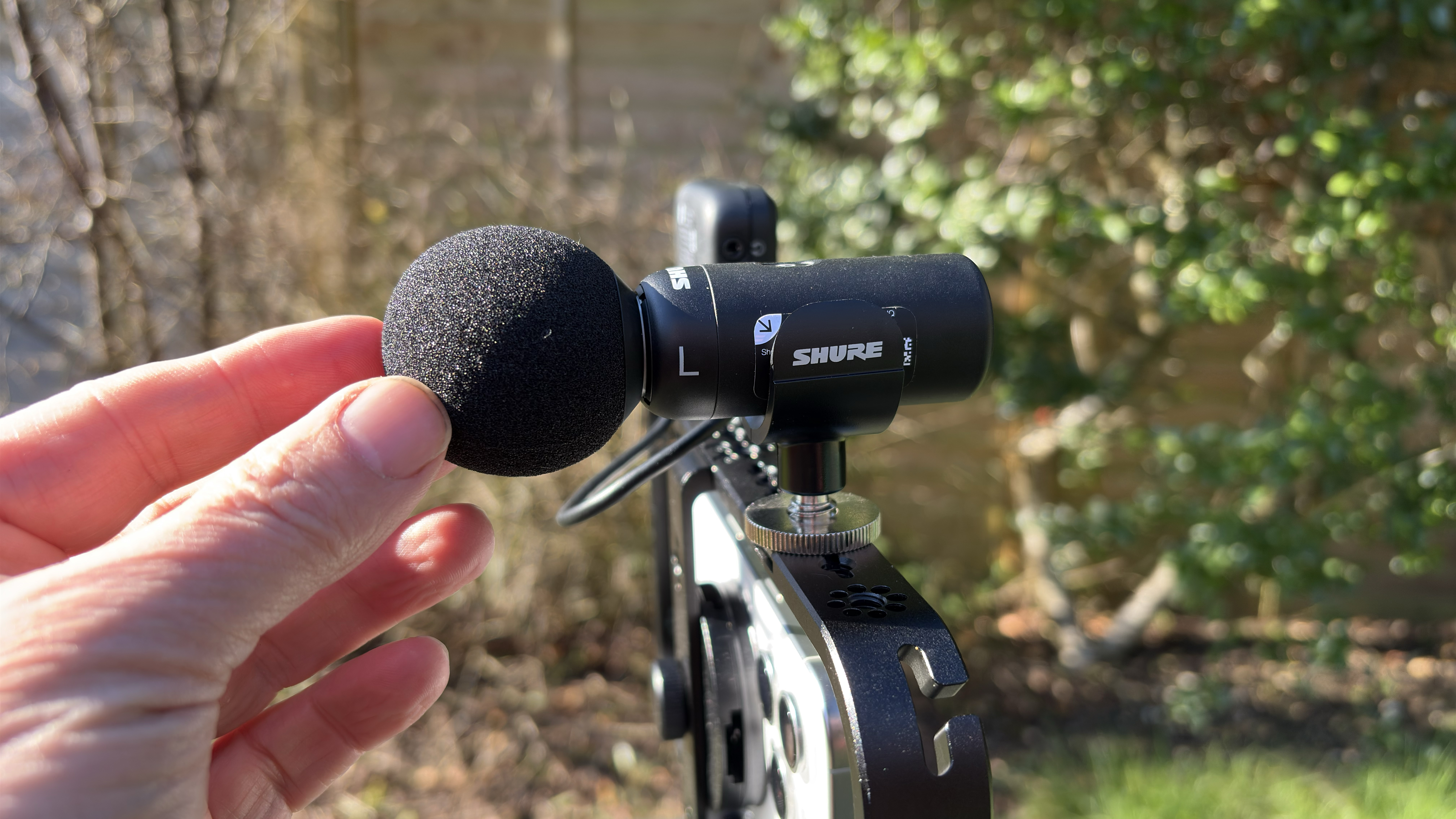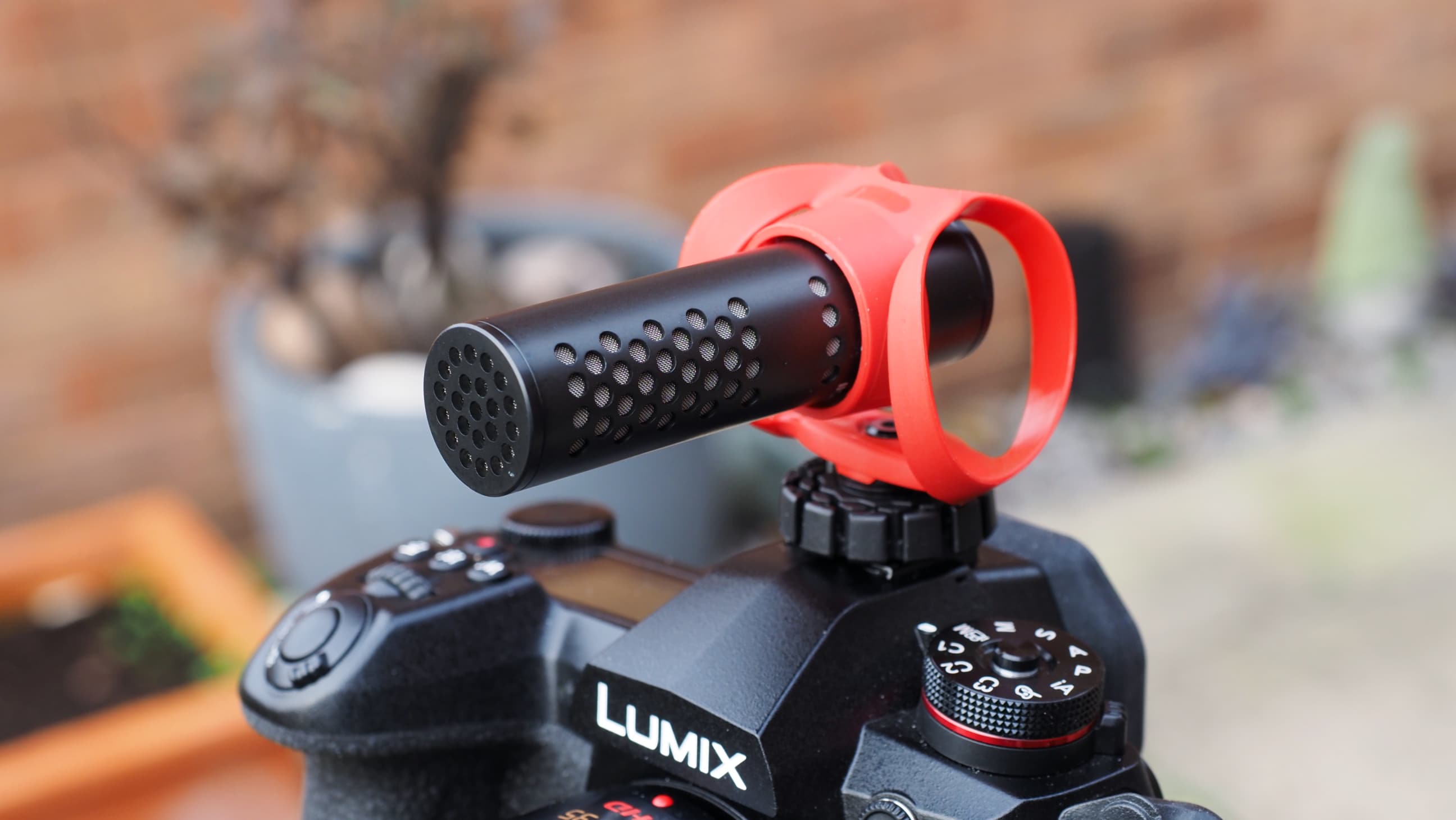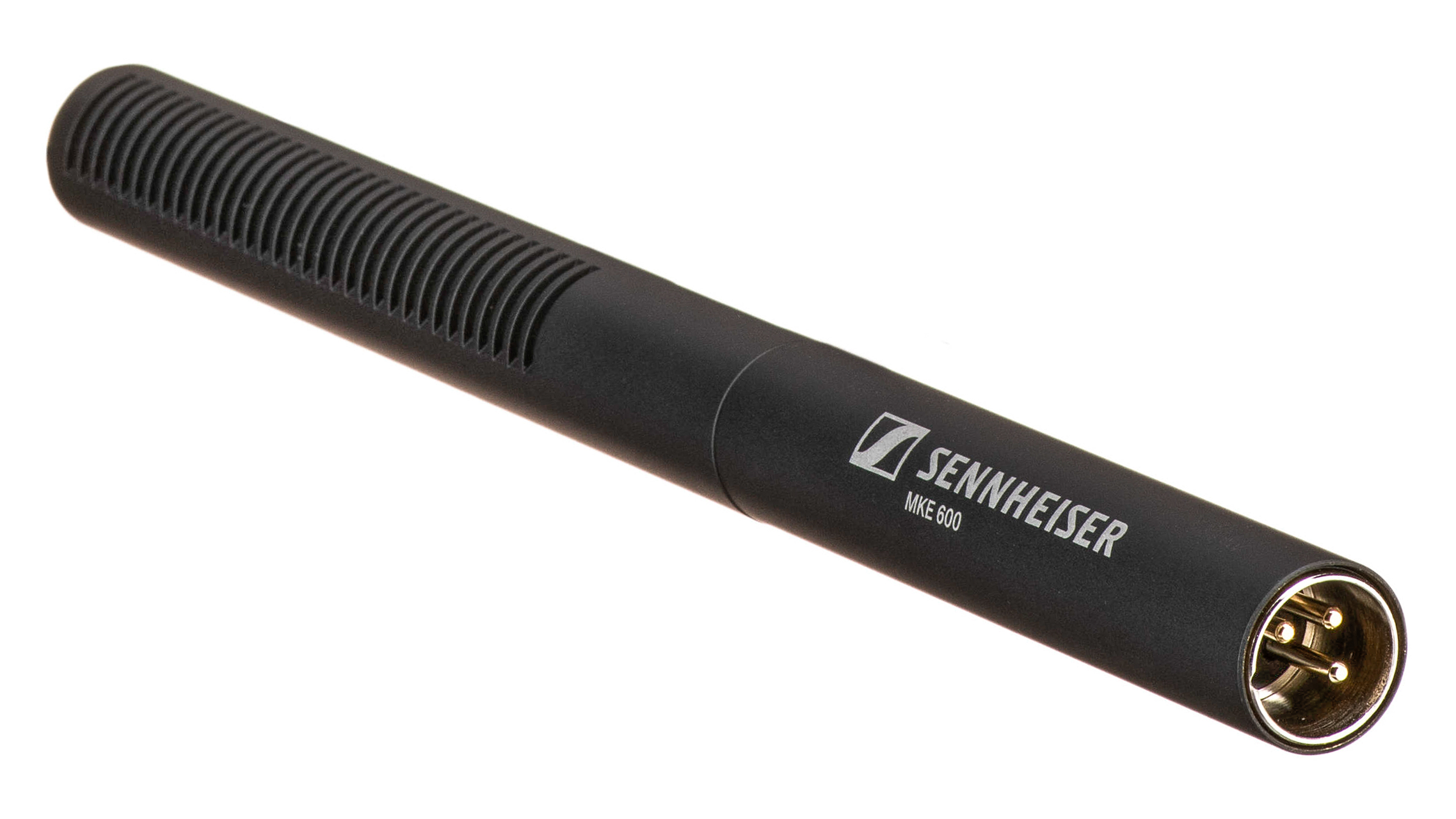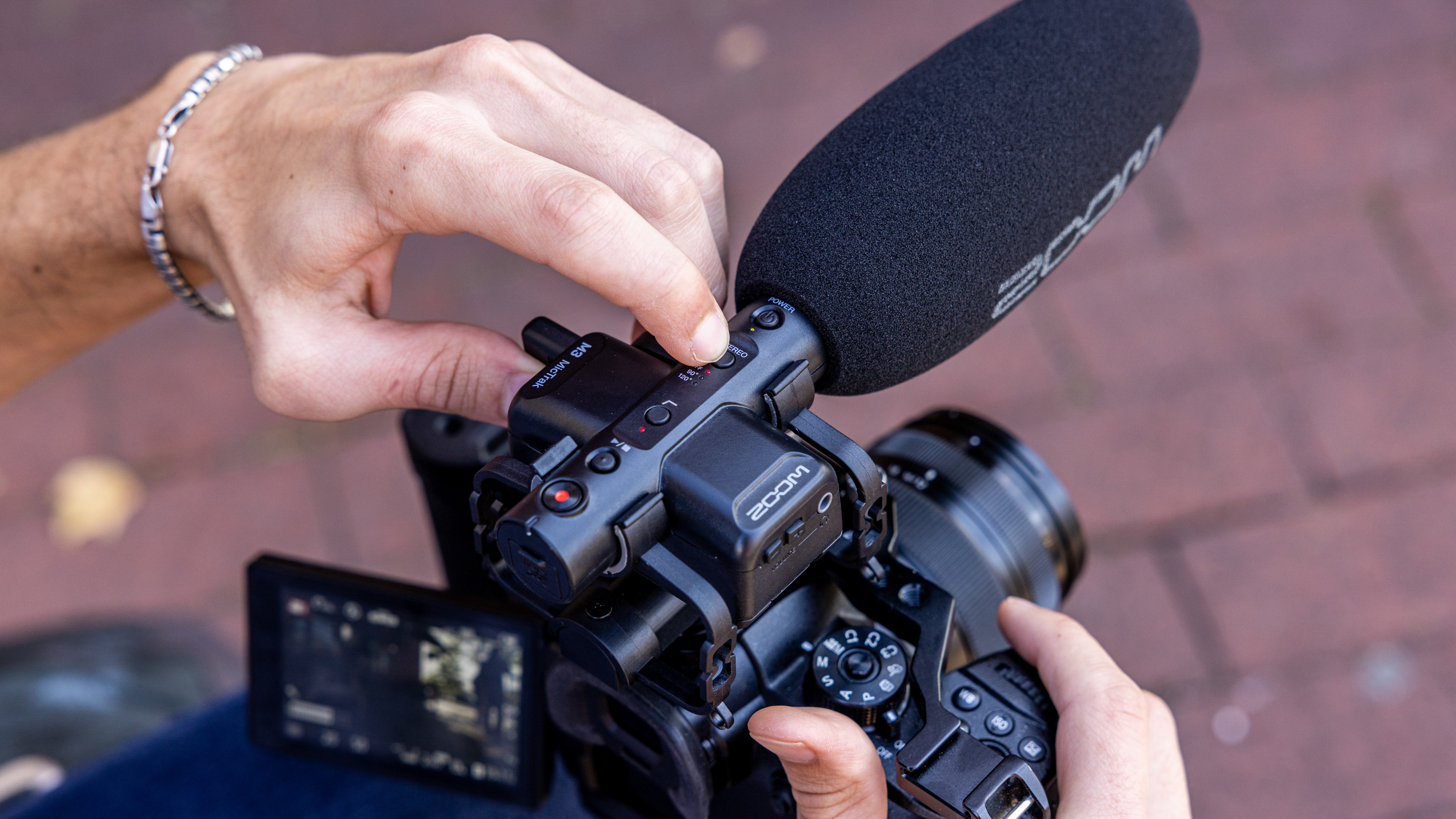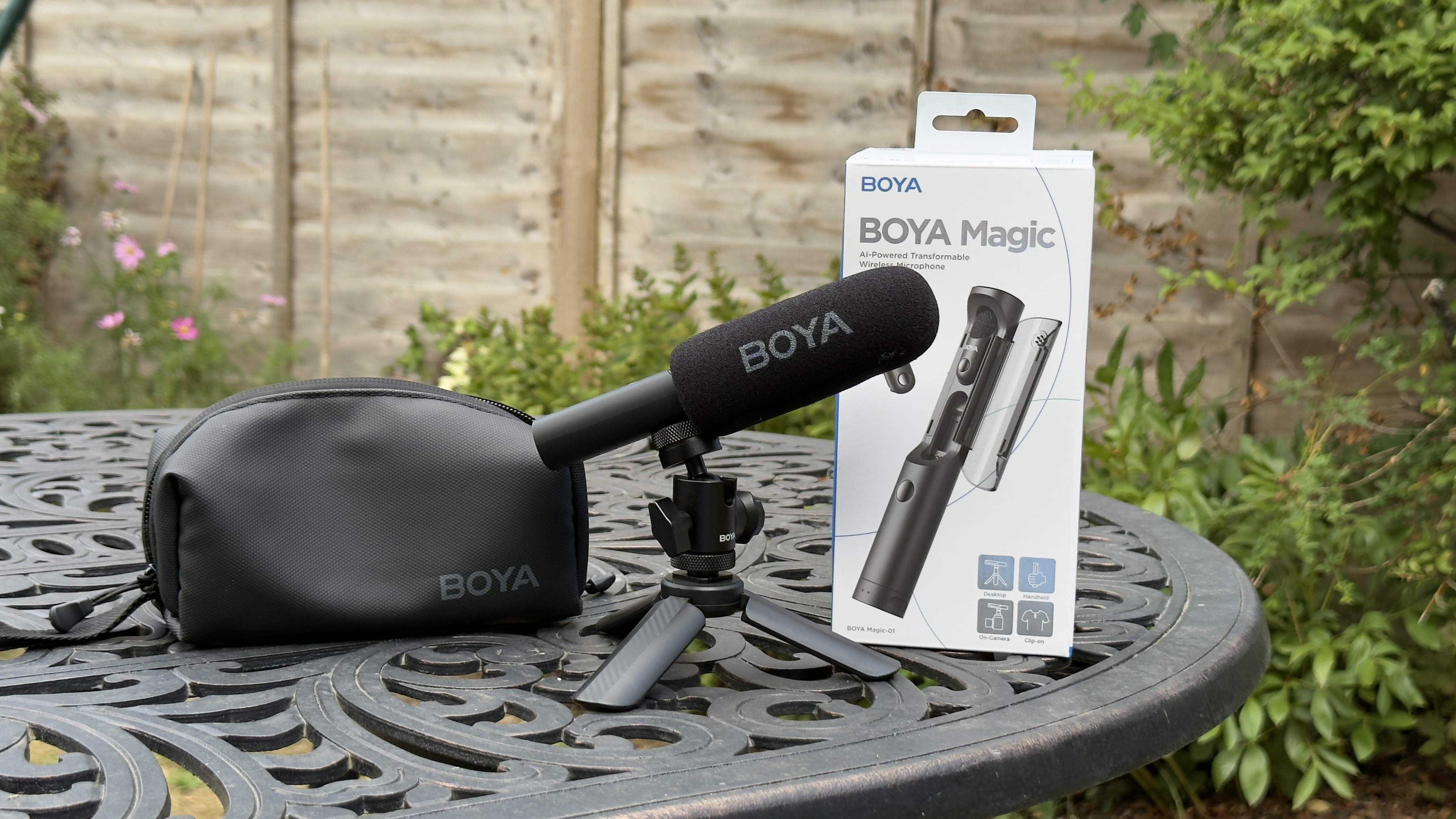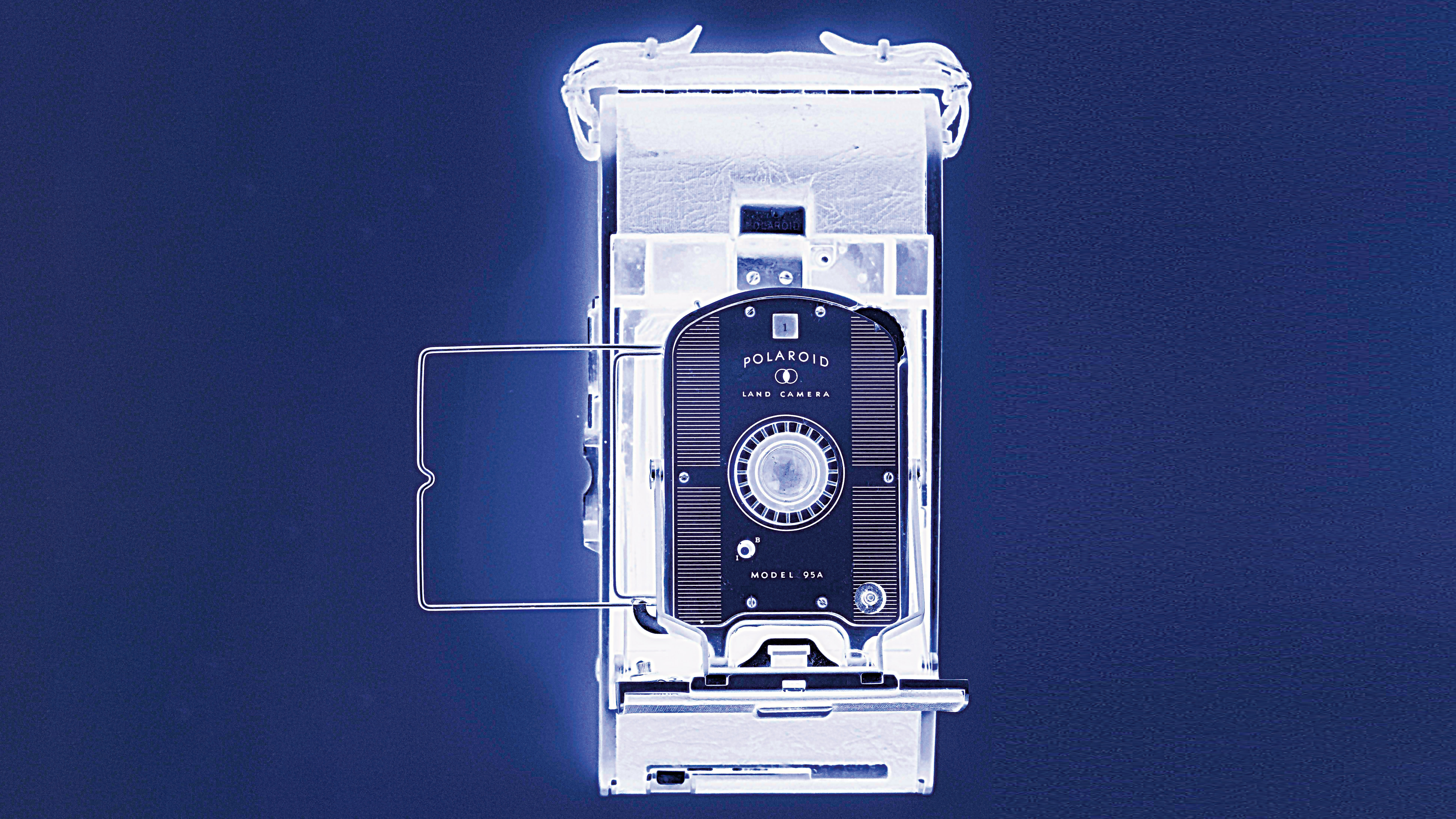The best shotgun mics for isolating your audio
Capture clean audio without the background noise, with the best shotgun mics available today
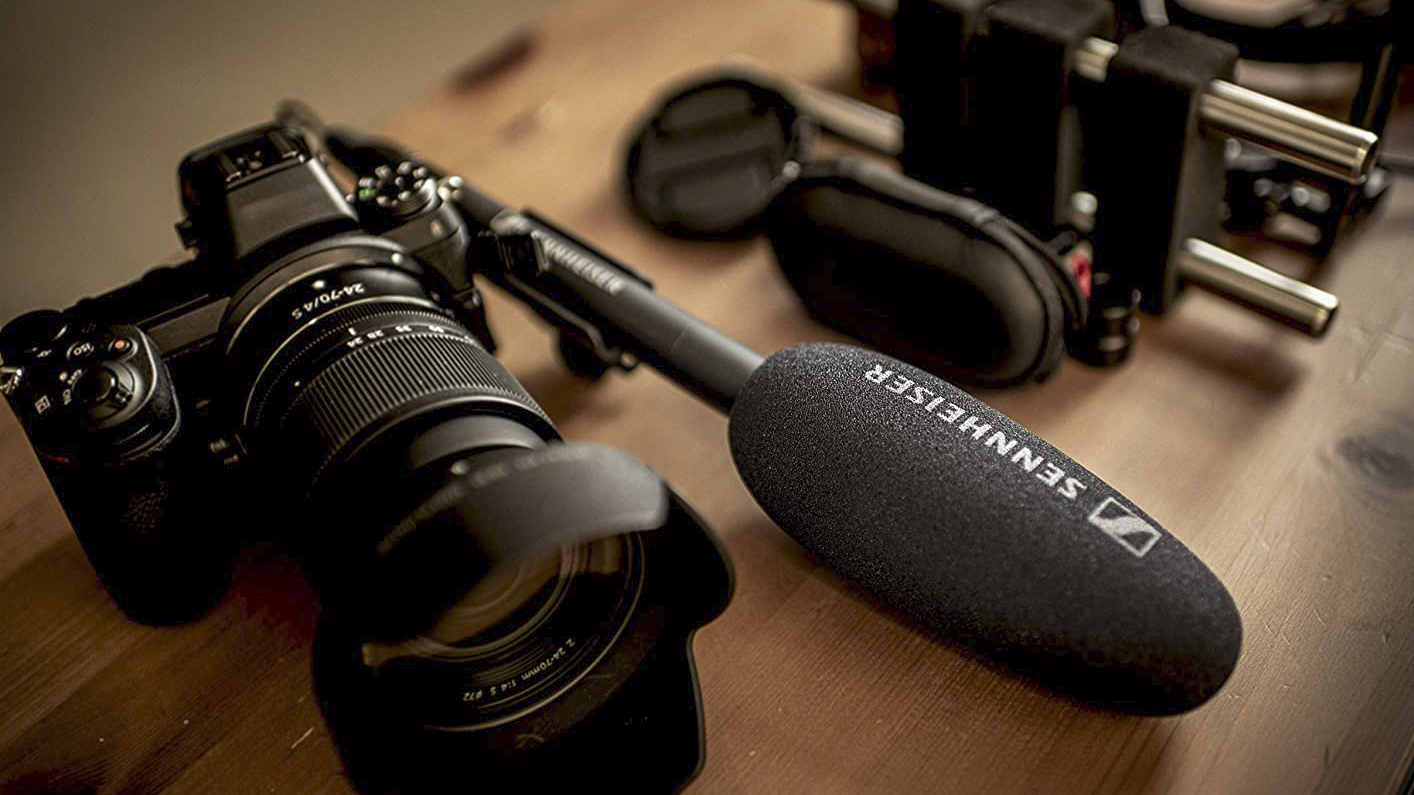
The best camera deals, reviews, product advice, and unmissable photography news, direct to your inbox!
You are now subscribed
Your newsletter sign-up was successful
With the best shotgun mics, you can capture clean audio from a single subject and cut out unwanted background noise. Shotgun mics are designed to be pointed in a particular direction, rejecting noise from other directions, and so are usually mounted directly on top of a camera. They’re simple and highly effective, and are commonly used in film and television production.
If you’re new to shotgun microphones, you’ll quickly realize most of them look pretty similar: a long, usually metal cylinder with some slatted grooves flanking the sides and a cable connector. However, there are many hidden features that make a huge difference to the quality of sound recorded. I’ve picked out a selection of the best for this guide – currently my top pick is the Rode VideoMic Go II, but there are plenty more options for different use cases and budgets
If you want to look at more types of mics, like lavalier and studio, we have a more general guide to the best mics. But if you’re definitely looking for a shotgun, read on for my top picks.

Jase Parnell-Brookes is an award-winning photographer, educator and writer based in the UK. They won the Gold Prize award in the Nikon Photo Contest 2018/19 and was named Digital Photographer of the Year in 2014. After completing their Masters, Jase has spent a good chunk of two decades studying and working in photography and optics. Now the Channel Editor for Cameras and Skywatching at Space.com, specializing in low-light optics and camera systems.
The Quick List
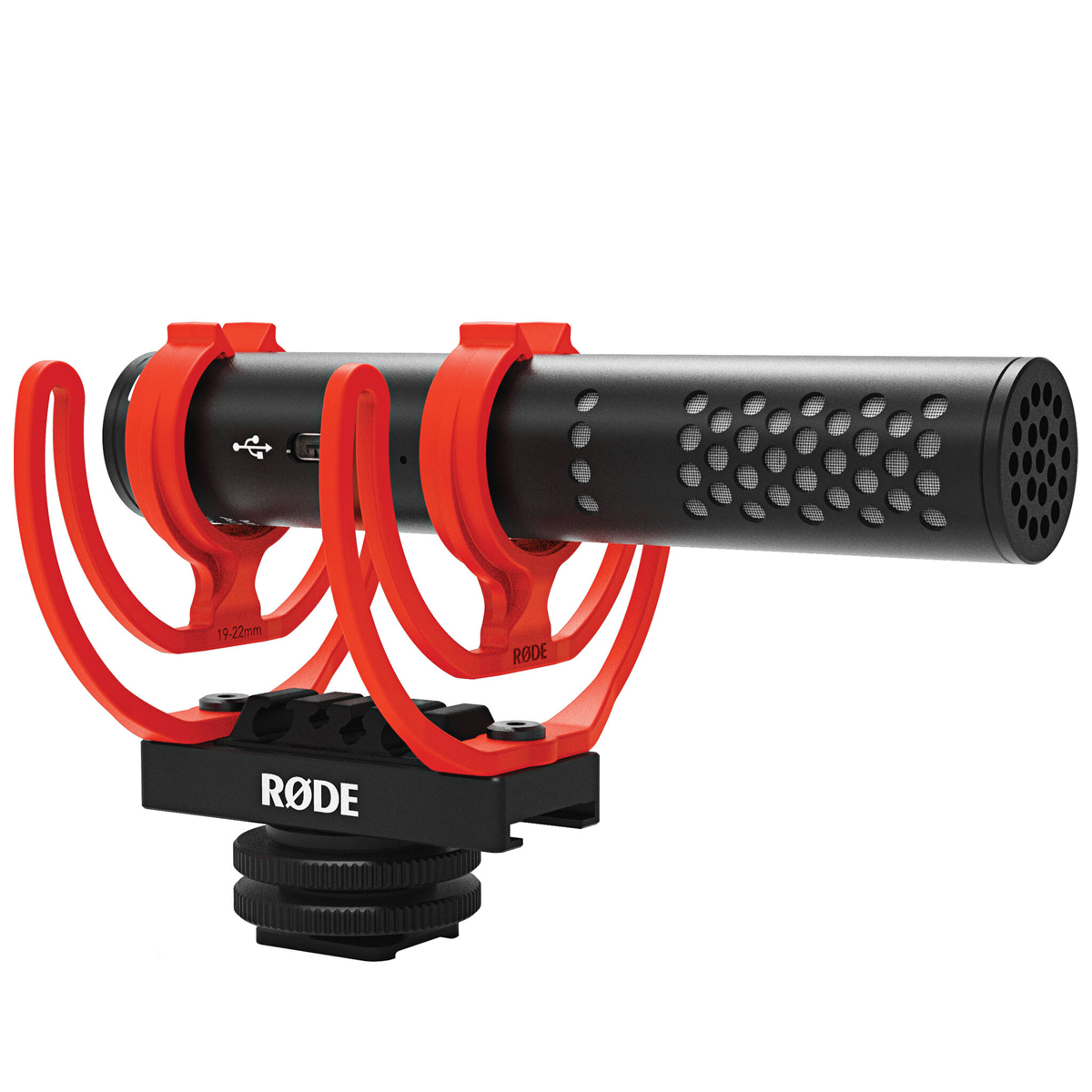
Plug it in, set your sound level, and shoot: that’s all there to this hotshoe-based mic. Despite the lack of frills, its recordings pack a punch. Read more below…
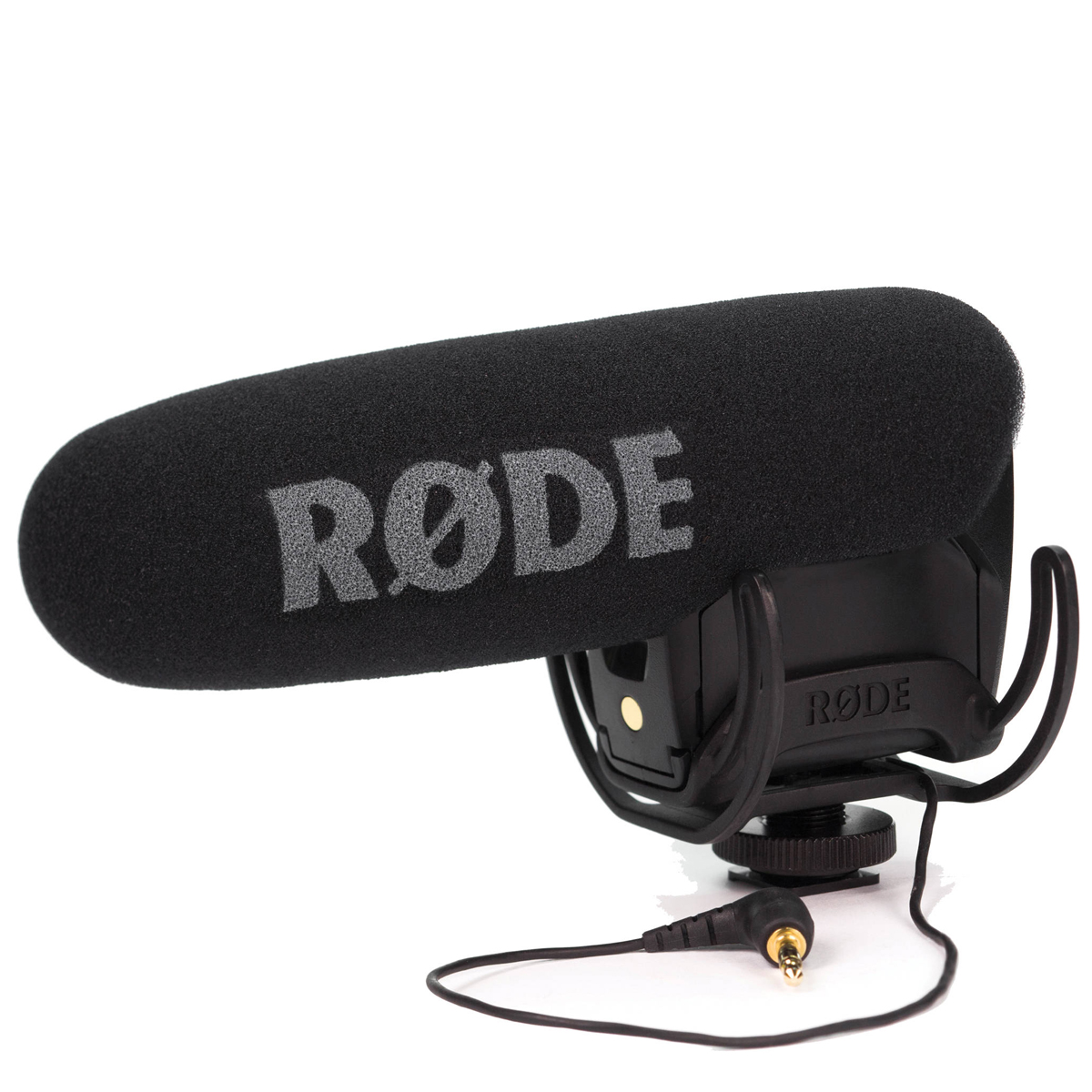
From the same company, this mic steps things up a notch, with switches to adjust the recording and excellent audio quality. Read more below…
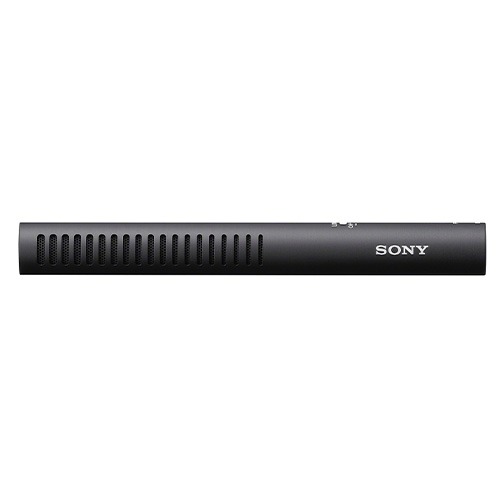
One of the best shotgun mics we've ever tested, with tremendous directional power and clarity – though it comes at a cost. Read more below…
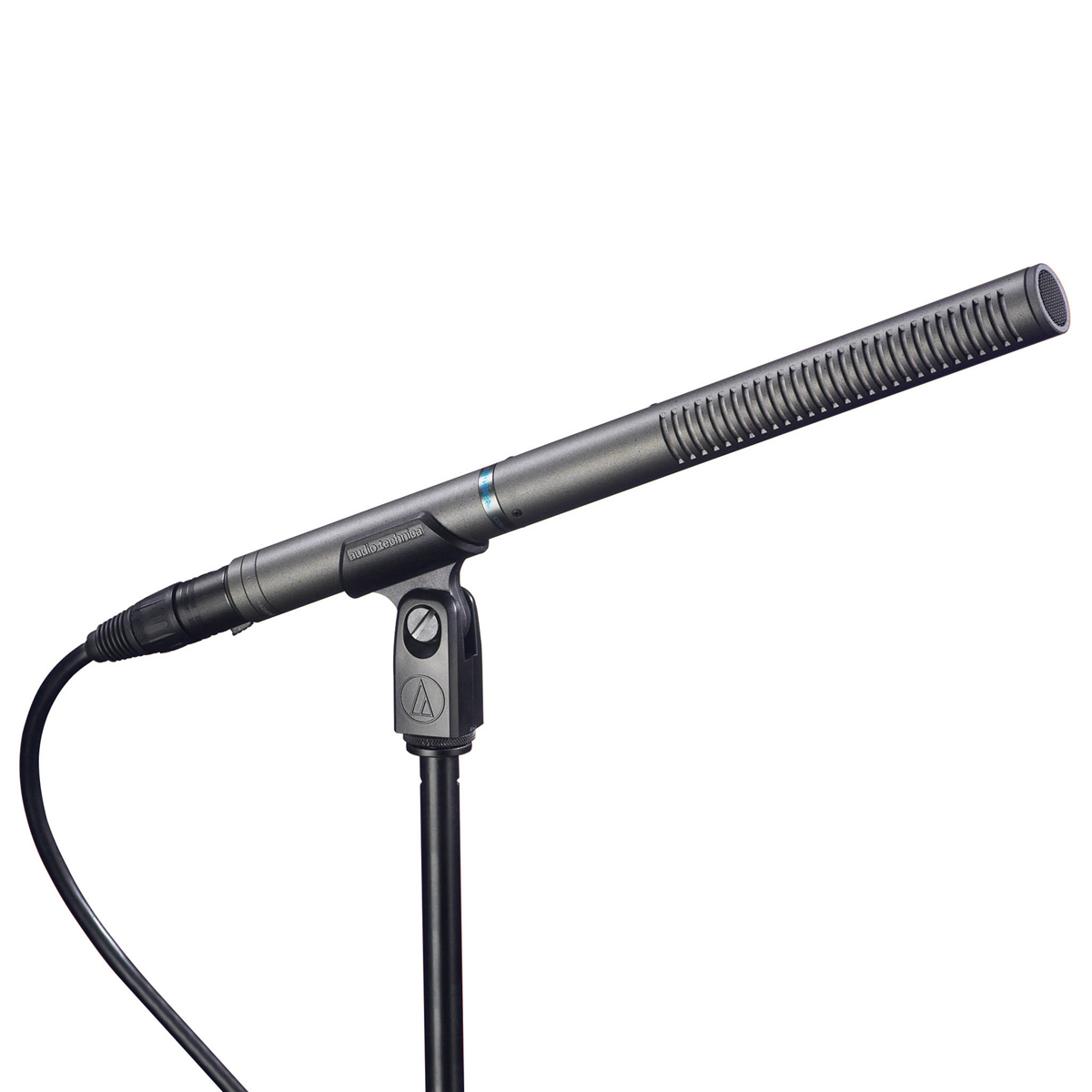
If you’re not familiar with shotgun mics, this is a strong place to start. It’s small, light and records speech beautifully. Read more below…
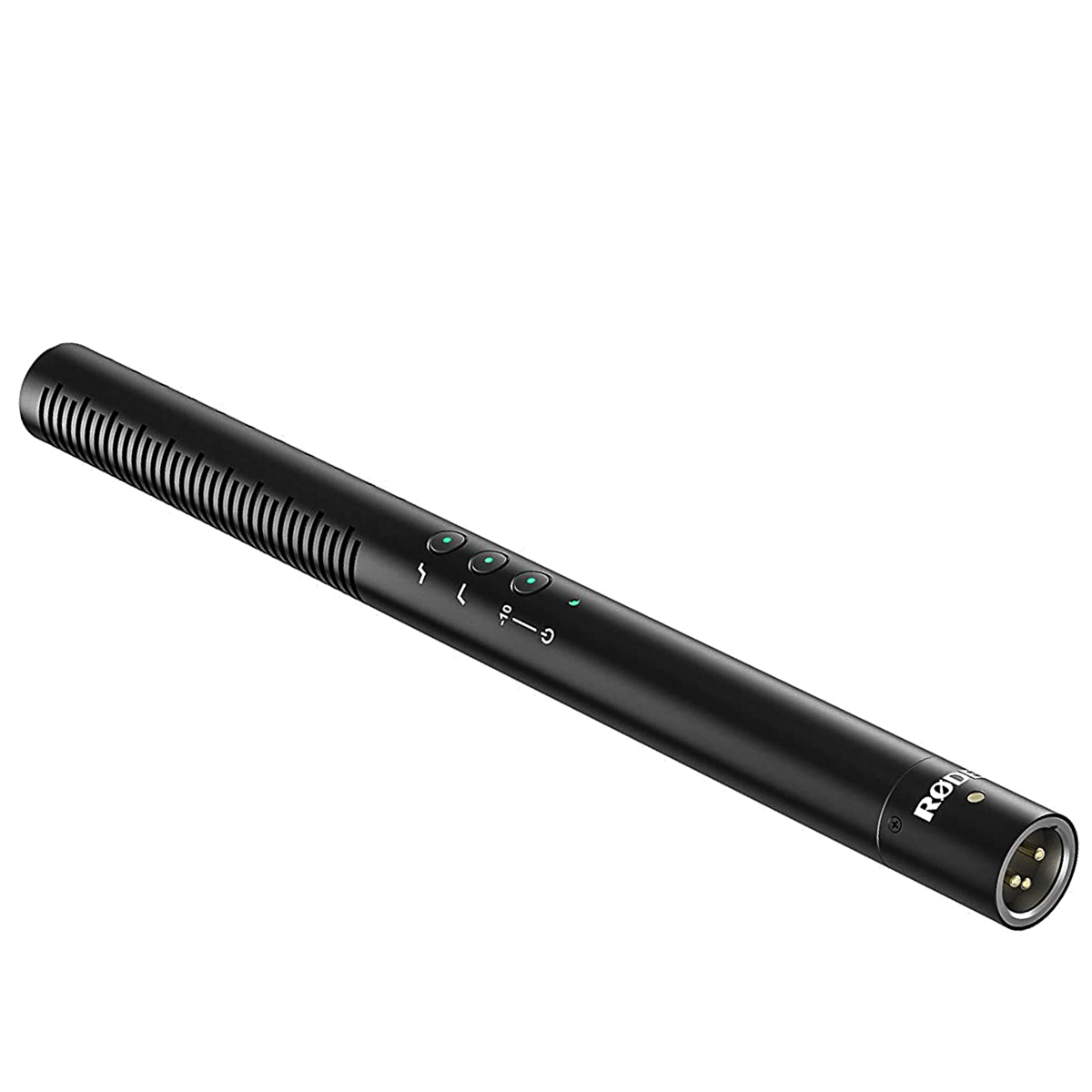
The selling point of this shotgun mic is the three buttons along its barrel, which make it a doddle to change recording settings. Read more below…
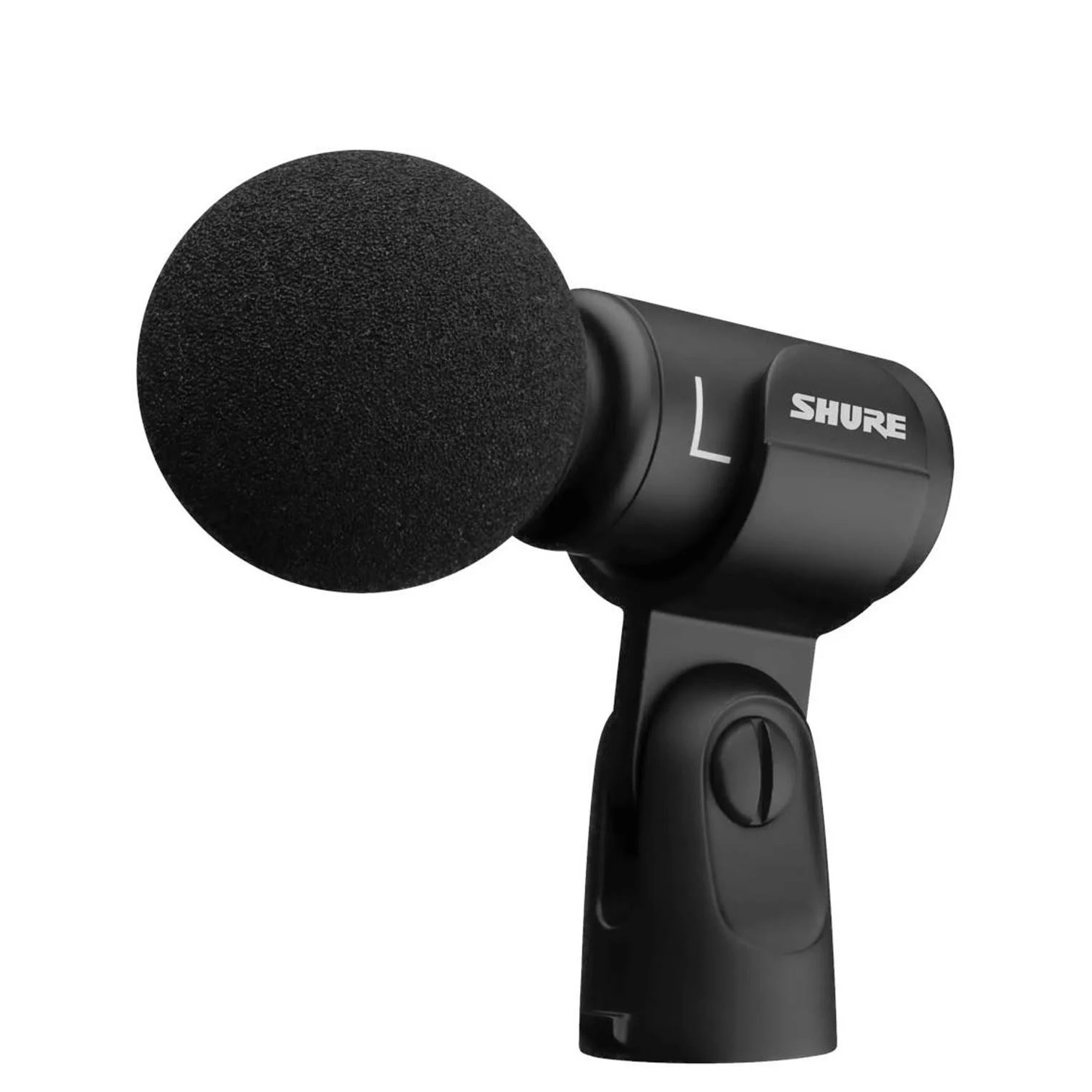
This option takes up less room in your kit bag, and can also double up as a desktop mic or even as a wireless lav mic. Read more below…
View the full list ⤵
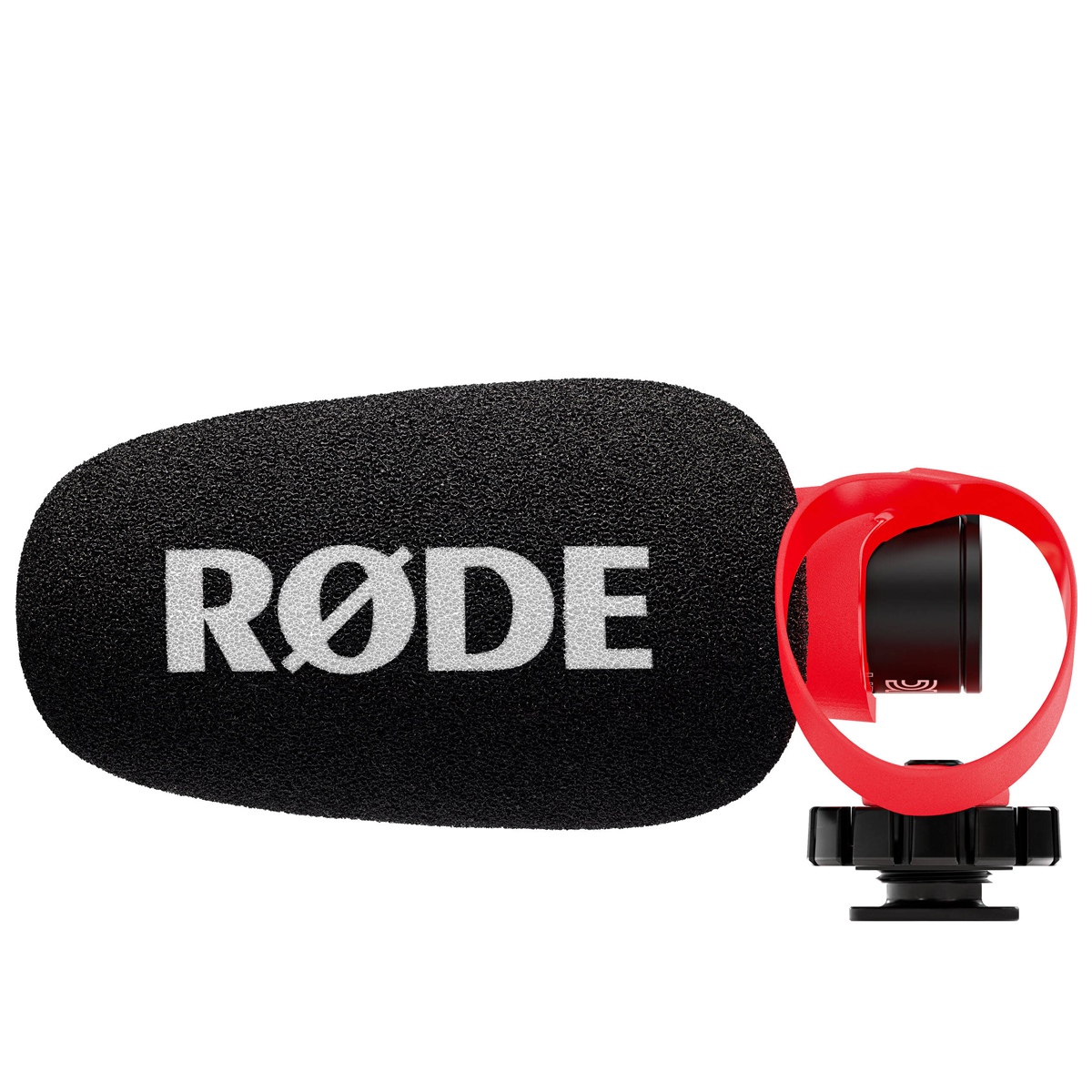
With two windshields and two supplied cables, this is a ready-to-go kit in a compact form that busy vloggers will love. Read more below…
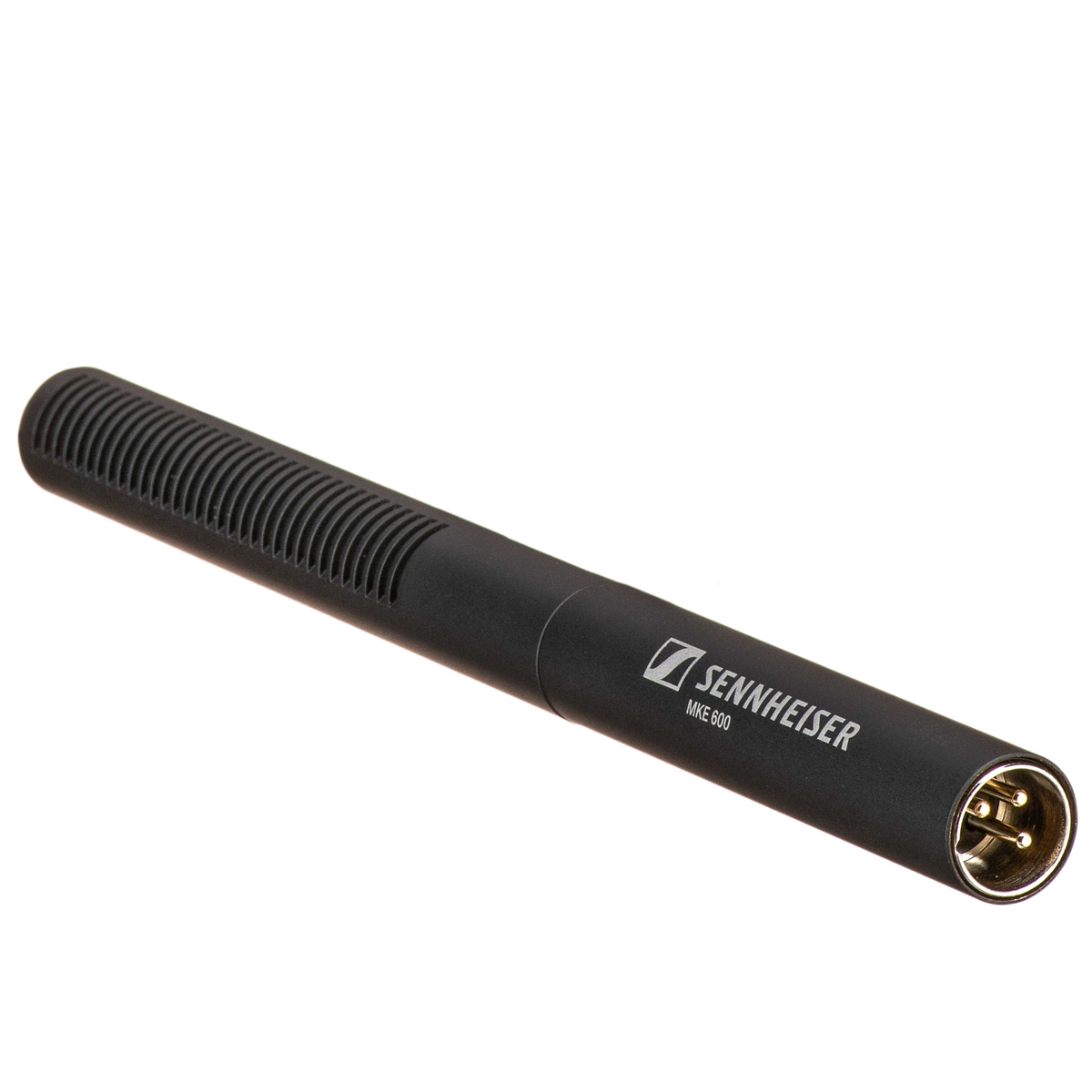
As well as delivering the recording quality you’d expect from Sennheiser, this mic has a metal construction that’s built to last. Read more below…
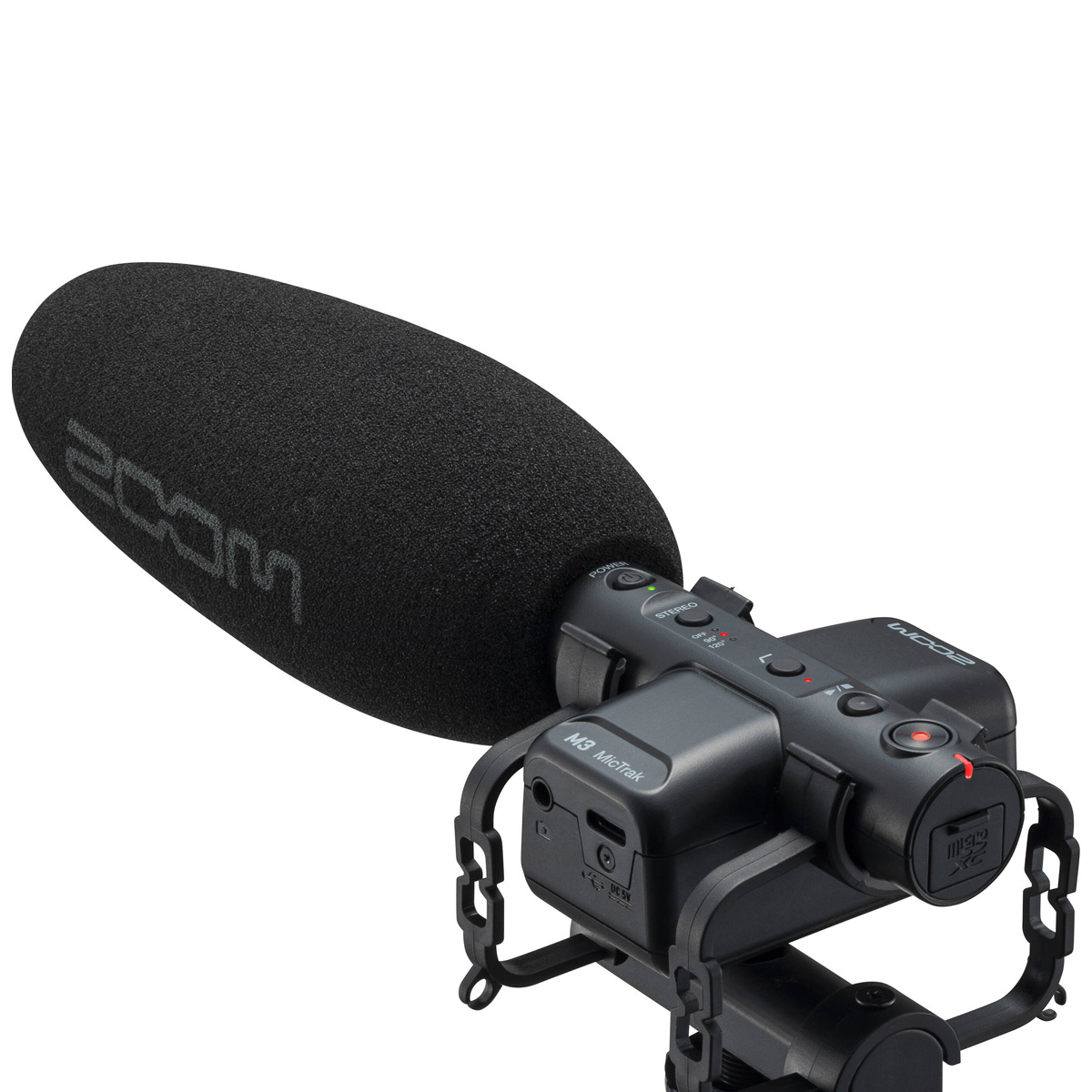
Rather than using your camera to save your recording, the M3 has its own digital recorder, plus a wide dynamic range. Read more below…
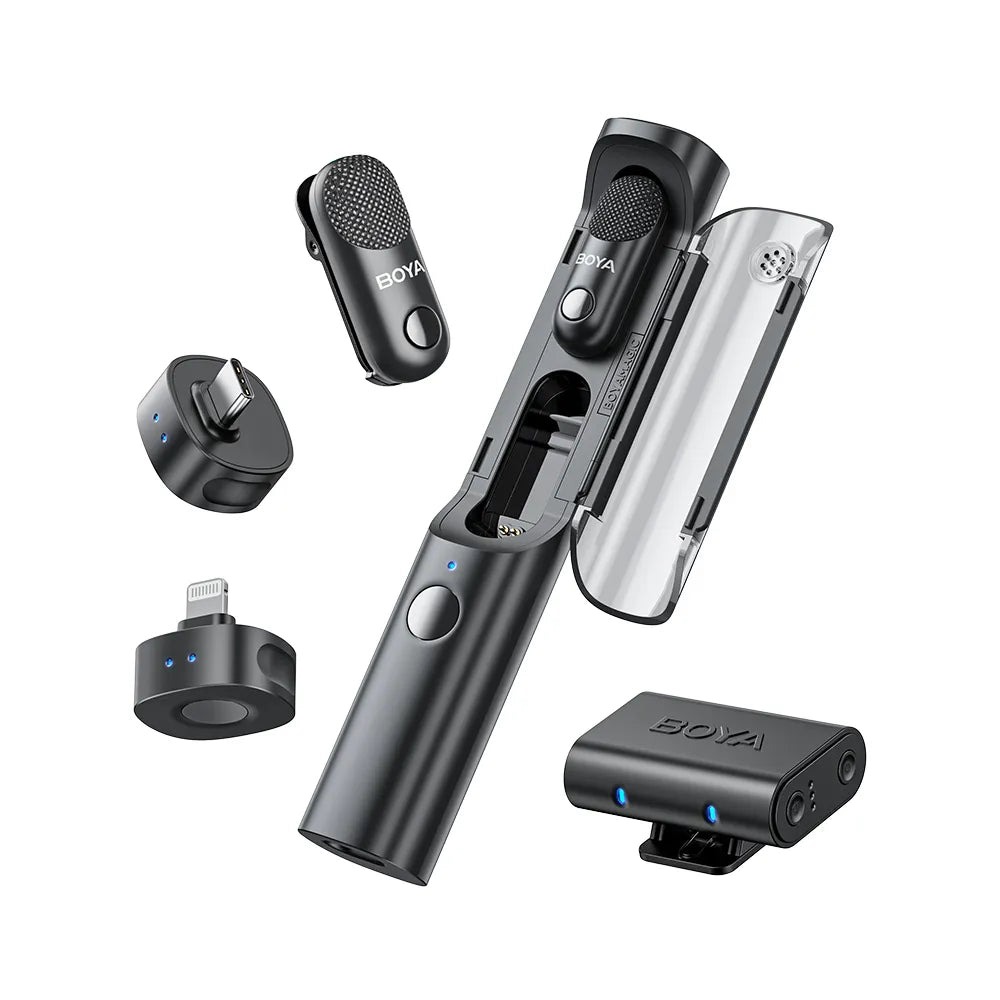
Capable of transforming from a shotgun mic into a lavalier, the Boya Magic is a brilliant jack of all trades that impressed in our tests. Read more below…
Best shotgun mics: the full guide
Why you can trust Digital Camera World
Best budget shotgun mic
Specifications
Reasons to buy
Reasons to avoid
Rode makes a vast range of video-specific audio kit, from enthusiast-level all the way to high-end broadcast equipment. The VideoMic Go II is at the more affordable end of the spectrum and mounts onto a hotshoe, with an effective shock mount to reduce handling noise. It's fuelled by plug-in power from the camera's mic socket, so doesn't need a battery, and there are no switches on board to attenuate the output or change polar patterns.
This means you just plug it in, set your recording level, and start shooting. It comes with a foam windscreen to reduce wind noise, but there's an optional "dead cat" WS12 windjammer for breezy conditions that costs another $25/£20. Frequency response stretches from 20Hz-20KHz, but recordings were rich and full, so we didn't find it lacking in bass. Overall this is a well-made, good-sounding mic that's very easy to use.
Read more: Rode VideoMic Go II review
Best shotgun mic for all-round use
2. Rode VideoMic Pro
Specifications
Reasons to buy
Reasons to avoid
A little bulkier and heavier than the Rode VideoMic Go is Rode's VideoMic Pro. This hotshoe shotgun mic shares a similar size and design, but adds extra features for those seeking more flexibility and higher quality recordings.
Although it's suspended on a similar shockmount as the Go, it incorporates a chamber for a 9V battery (not supplied), which serves as the power source for around 70 hours.
On the back, there are two switches to tailor performance, and these alter the output gain (-10, 0 or +20 dB) or offer the choice between a flat response or one with a low frequency cut.
The sound quality is excellent, with rich tonality throughout the 40Hz-20KHz range and a flat response all the way through the speech frequencies. Impressively, there's a very low noise floor that's comparable to the Boya BY-M1 lav mic, so only the hypercritical will be concerned about the trace of mic-generated hiss that's present.
The supplied foam windscreen serves to protect the mic, but outdoors, a furry windjammer is needed to prevent wind noise, and the dedicated Rode model costs another £30/$38.
This aside, The VideoMic Pro is an excellent mic, and more than justifies its price with its features and performance.
Best premium-priced shotgun mic
Specifications
Reasons to buy
Reasons to avoid
If you're looking for the best shotgun mic on the market, Sony's ECM-778 definitely deserves to be in contention. It's much more expensive than its rivals from RØDE, but in our testing we found that it simply outperformed the competition, inside and out. It somehow manages to achieve fantastic directional recording despite its short and compact body (normally a longer acoustic tube is required to achieve such finesse). This means you get a mic that balances really well when attached to a camera, without sacrificing on functionality.
One thing that really impressed in our testing was the frequency response of the mic. The new capsule delivered fantastic results for recording human voices, even at the kinds of distances where you'd expect a mic's quality to start dropping off. The signal-to-noise ratio is also first-rate – in Rob's testing, the Sony mic considerably outperformed the other mics in his collection in this regard.
Like I said, it's certainly not cheap. But if you're serious about video, audio is one of the areas where it makes most sense to invest – and the Sony ECM-778 is one of the best investments you can make.
Read our full Sony ECM-778 review for more
Best starter shotgun mic
4. Audio-Technica AT897
Specifications
Reasons to buy
Reasons to avoid
This is one of the best shotgun microphones in its class because it’s compact and terrifically sensitive. It can detect sounds well within the human hearing range of 20Hz to 20kHz for crisp, clear audio. On the underside of the microphone body, there’s a low-cut switch that reduces low frequencies below 80Hz by applying a -12dB octave slope. This low-cut switch works especially well at cutting out wind noise that often affects these kinds of microphones, even when there’s a wind guard in place.
Compact and light, the Audio-Technica AT897 can easily be mounted on a digital camera or boom for audio recording while filming and has a narrow acceptance angle that eliminates distracting ambient sounds and focuses on the speaking subject.
Best shotgun mic for ease of use
5. Rode NTG4+
Specifications
Reasons to buy
Reasons to avoid
One of the leading microphone brands for entry-level equipment, Rode has created an excellent shotgun mic in the NTG4+. Although it’s a super cardioid polar pattern that isn’t quite as narrowly focused as others in this roundup, it has a high maximum Sound Pressure Level of 135dB, is one of the lightest at 176g, and one of the shortest at 278mm.
Three control buttons on the top of the microphone body make it easy to switch between a -10dB pad to attenuate loud subjects, a 75Hz low-cut filter to reduce low-frequency rumbles such as traffic or wind, and a high-frequency boost to keep speech crisp. It also houses an internal rechargeable Lithium-ion battery that takes only two hours to fully charge via USB-C.
Best small shotgun mic
Specifications
Reasons to buy
Reasons to avoid
The little Shure MoveMic 88+ is a veritable Swiss army knife. With four polar patterns, it can not only function as a shotgun mic, but can also double as a free-standing desktop mic for podcast recording and the like, or can connect via Bluetooth to act as a wireless lav mic (it's light enough to carry around, though is a little big to clip to clothing). If your video recording typically involves lots of different shooting situations, I'd say the Shure MoveMic 88+ could be a cost-effective way to cover all your bases.
In our testing, it performed very well. George found that it produced clean audio through all its various configurations, including Bluetooth (which can have a deleterious effect on audio quality). Voice quality was clear and rich, and the mic's noise-reduction features also worked well. If you're looking to use it mostly as a shotgun mic, then simply clip it to your camera, set the polar pattern to Mono Cardioid, and you're away.
Read our full Shure MovieMic 88+ review for more.
Best shotgun mic for vlogging
Specifications
Reasons to buy
Reasons to avoid
The VideoMicro II is the smallest on-camera shotgun mic in the Rode line-up and its price, size and simplicity make it ideal for vlogging beginners, as well as videographers who need a compact mic to keep in the kit bag for when it is needed. As well as the mic and a new ‘Helix’ isolation mount, you get a regular foam windshield and a furry windshield too for when wind noise is worse. There are also two connection cables, one of which is a TRS-TRS type for regular camera connections, and a TRS-TRRS cable for smartphones (iPhone users will need to get a Lightning-TRRS adaptor). It cannot work as a USB mic like its bigger brother, the VideoMic Go II, however, and it does not have that mic’s audio monitoring socket – though more advanced vlogging cameras will have these anyway.
Read more: Rode VideoMicro II review
Best shotgun mic for durability
8. Sennheiser MKE600
Specifications
Reasons to buy
Reasons to avoid
The MKE600 is known as one of the best shotgun mics in its class range. Constructed from metal all over it has a rugged, durable finish but stays light at just 128g. It can be powered either by phantom power on the recording device or via a single AA battery and can be powered by in-camera preamps without issue.
There’s a battery on/off switch to save energy and prolong the life of the battery should you switch one. It even comes with a low battery level indicator that flashes up when running out of juice so you don’t get caught out. A low-cut switch alleviates handling and wind noise and the mic is designed to be resistant to interference.
Best shotgun mic and audio recorder combo
Specifications
Reasons to buy
Reasons to avoid
The Zoom M3 MicTrack is on-camera microphone-and-recorder for video-makers using mirrorless cameras or DSLRs. Powered by a pair of AA-size batteries, it attaches to your camera and records audio independently of the latter's built-in digital recorder, storing its data on a microSD memory card.
This will likely improve on recording quality compared to your camera's own abilities in a number of ways. But its main sell is 32-bit depth sampling, which offers significantly larger dynamic range that the norm. This helps eliminate clipped and distorted audio being caused by a sudden changes in sound levels.
Read our full Zoom M3 MicTrak review for more details.
Best shotgun mic with a swappable design
Specifications
Reasons to buy
Reasons to avoid
This is another mic that can be converted into multiple types as well as a shotgun mic, giving you a huge amount of latitude for different shooting situations. However, the Boya Magic is something really quite special for many other reasons, too. Its 48kHz/24-bit recording combines with a wide 144 dB dynamic range, resulting in truly excellent audio quality that's a cut above many kits priced at the same level. And what's more, the much-advertised AI-powered noise cancellation functionality actually works!
In our testing, the Boya Magic acquitted itself exceptionally well. It was capable of producing crisp, clean audio even in busy outdoor shooting environments – distracting extras like a passing airplane and a nearby chainsaw vanished into the maw of the noise cancellation. It's tiny and lightweight and very easy to set up – indeed, our reviewer George was so taken with it that he has already used the Boya Magic to record audio on several of his other reviews!
Read our full Boya Magic review for more
How to choose the best shotgun mic
What is a shotgun mic?
A shotgun microphone is a type of directional microphone that is designed to pick up sound from a specific direction while rejecting noise from other directions. It is named after its long, cylindrical shape, which resembles a shotgun.
How does a shotgun mic work?
Shotgun microphones use a series of closely spaced tubes to create a narrow pickup pattern. This pattern is similar to a cone, with the microphone at the tip of the cone. The narrower the pickup pattern, the more directional the microphone will be.
What are the benefits of using a shotgun mic?
Shotgun mics work directionally, which means that they can pick up sound from a specific direction while filtering out background noise. This makes them ideal for recording in noisy environments, such as a busy street or a crowded stadium. They're a popular choice in a range of areas, including journalism, film-making, wildlife documentaries and live music recording.
What does SPL mean?
SPL stands for sound pressure level, and is used to measure the loudness of a sound. Mics have an upper limit called maximum SPL. Higher SPLs can capture louder sounds, or optionally, microphones can be placed further away with the same sound level results. This is helpful if you can’t get close access to a sound source, like a soloist in an orchestra.
What does frequency response mean?
Frequency response for mics is the range of frequencies that a microphone can reproduce accurately. In other words, determines how much sound a mic can capture, from low to high pitches.
The frequency response of a microphone is important because it affects the sound of the recording. A microphone with a flat frequency response reproduce all frequencies equally well. This produces a natural sound. In contrast, a microphone with a shaped frequency response will boost or attenuate certain frequencies. This can be better for specific situations.
For example, a mic that boosts high frequencies is often better for vocals, making them sound brighter and more articulate. A mic that boosts low frequencies, meanwhile, is often better for acoustic instruments, as it reduces the amount of rumble and feedback.
How we test microphones
At DCW, we get offered a lot of microphones to test and play with before they are released – sometimes it feels like we're buried in them! Fortunately, testing is the fun bit. From the supporting videos in the full reviews, you’ll see that our reviewers test microphones in a wide range of locations. This enables them to discover how effective the windshields and the software noise cancellation features are. Find out more about how we test and review at Digital Camera World.
The best camera deals, reviews, product advice, and unmissable photography news, direct to your inbox!
Jase Parnell-Brookes is an award-winning photographer, educator and writer based in the UK. They won the Gold Prize award in the Nikon Photo Contest 2018/19 and was named Digital Photographer of the Year in 2014. After completing their Masters Jase has spent a good chunk of two decades studying and working in photography and optics shooting and writing all over the world for big-name brands and media outlets. Now the Channel Editor for Cameras and Skywatching at Space.com their speciality is in low light optics and camera systems.
